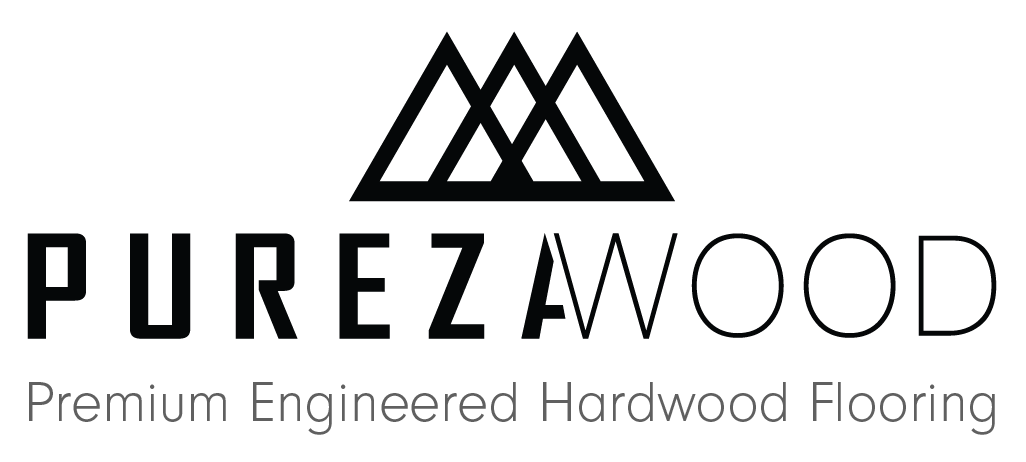Engineered hardwood flooring has all but replaced traditional solid hardwood in modern home construction and remodeling. It’s inexpensive, eco-friendly, and incredibly durable, so it’s unlikely that it will lose popularity anytime soon. In fact, I have engineered hardwood in my home, and here’s why:
- Low cost. Engineered hardwood flooring is much less expensive than solid hardwood flooring. Solid hardwood is made up of one single wood plank, whereas engineered hardwood is comprised of two to five layers: a strong, durable, exotic wood layer on top, with more common, renewable resources making up the bottom and center layers. Engineered hardwood lends your home, apartment, or office building the look and feel of solid hardwood for only a fraction of the price.
- Environmental responsibility. The previously mentioned layering method preserves exotic trees by only using them on the top layer – the bottom and middle layers are made of more easily renewable resources such as Birchwood or pine.
- Simple installation. Every hardwood flooring expert will tell you that installing your own solid hardwood is a bad idea – not so when it comes to engineered hardwood. In fact, it’s engineered (wink) for the purpose of self-installation. For me, it wasn’t even a question. My Chicago home has a concrete slab for a foundation, which makes solid hardwood floor installation almost impossible since it must be nailed down. Engineered hardwood, on the other hand, can be glued, making installation quicker and simpler than its solid hardwood counterpart. Even the greenest DIY beginners can install their own engineered hardwood flooring. It’s also got the added bonus of not needing to acclimate to the air – you can take your engineered hardwood planks directly out of the box and install them directly into your floor.
- Long-lasting stability. Unlike solid hardwood floors, engineered hardwood more effectively resists the warping that accompanies extreme humidity and temperature shifts. Unlike solid hardwood, engineered hardwood won’t last for up to a hundred years – but its lifespan is a good fifteen to twenty years (double that of well-cared-for carpeting).
- Easy maintenance. The water resistance of engineered hardwood flooring makes it almost maintenance-free, but it’s also never a bad idea to use some hardwood wax to seal around sinks, exterior doors, and pet water bowls in order to prevent potential water damage. Engineered hardwood floors additionally don’t require sanding or varnish when being refinished – which means no stains and less mess. No matter your lifestyle, engineered hardwood flooring just fits.

